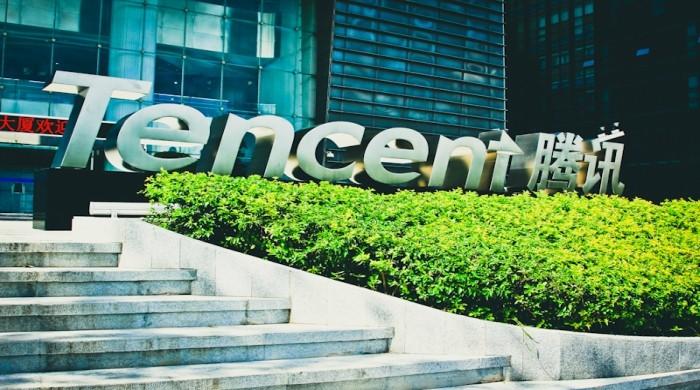TL;DR:
- Tencent has accumulated a significant reserve of Nvidia’s H800 AI accelerators, ensuring its AI development for multiple generations.
- The company claims to have one of China’s largest inventories of AI chips, allowing it to continue its development unhindered.
- US export controls on AI semiconductors, aimed at preventing Chinese military access to advanced technology, have inadvertently impacted China’s private sector.
- Other Chinese AI companies like 01.AI and Kuaishou Technology are also stockpiling Nvidia chips to secure their supply chains.
- Tencent plans to optimize AI chip usage, with a focus on domestic suppliers, to mitigate supply chain disruptions.
- There is a potential impact on Tencent’s cloud computing business due to US export controls.
Main AI News:
Tencent Holdings Ltd. has strategically amassed a substantial reserve of Nvidia Corp.’s H800 artificial intelligence accelerators, securing its AI development roadmap for several generations to come. This strategic move by the Shenzhen-based tech giant ensures that it remains unfazed by concerns regarding US export controls, at least in the foreseeable future.
During an analyst call following their earnings report, President Martin Lau revealed, “Right now, we actually have one of the largest inventories of AI chips in China among all the players. We were the first to put in orders for H800, and that allows us to have a pretty good inventory of H800 chips. So, we have enough chips to continue our development.”
The Biden administration’s decision to tighten export controls on AI semiconductors destined for China, enacted in October, was primarily aimed at preventing the Chinese military from acquiring advanced technology. However, it has inadvertently added complexity to business operations within the country’s private sector.
In response to these challenges, other key players in China’s AI industry, such as Kai-Fu Lee’s unicorn startup 01.AI, have been proactively acquiring Nvidia chips to ensure a stable supply for their AI endeavors, with Lee affirming that they have secured semiconductors for the next 18 months.
Kuaishou Technology has also made significant strides by stockpiling 10,000 Nvidia A800 chips. This strategic move aligns with Kuaishou’s ambition to integrate AI into its platform, as noted by Morningstar analyst Kai Wang in a September report.
Looking ahead, Tencent is poised to optimize the utilization of its AI chips further. Lau explained that they plan to categorize their best-performing chips for training tasks, while allocating the rest for less computationally intensive inference tasks. Additionally, the company is actively exploring domestic suppliers to mitigate any potential supply chain disruptions.
However, it’s worth noting that Tencent acknowledges potential impacts on its cloud computing business due to the US export controls. Lau stated, “We feel that the chip ban does actually affect our ability to resell these AI chips through our cloud services, and that’s one area that may be impacted.“
Conclusion:
Tencent’s strategic stockpile of AI chips and its efforts to navigate US export controls demonstrate the company’s commitment to advancing AI capabilities. However, challenges in the regulatory environment may impact not only Tencent but also the broader market, underscoring the importance of adapting to evolving geopolitical dynamics in the technology sector.

